During two conversations at the 2023 Aspen Ideas Festival, leaders from the W.K. Kellogg Foundation joined racial healing practitioners to share the process of healing from racism and working toward racial equity. Assembling for the first panel were WKKF staff and racial healing practitioners :
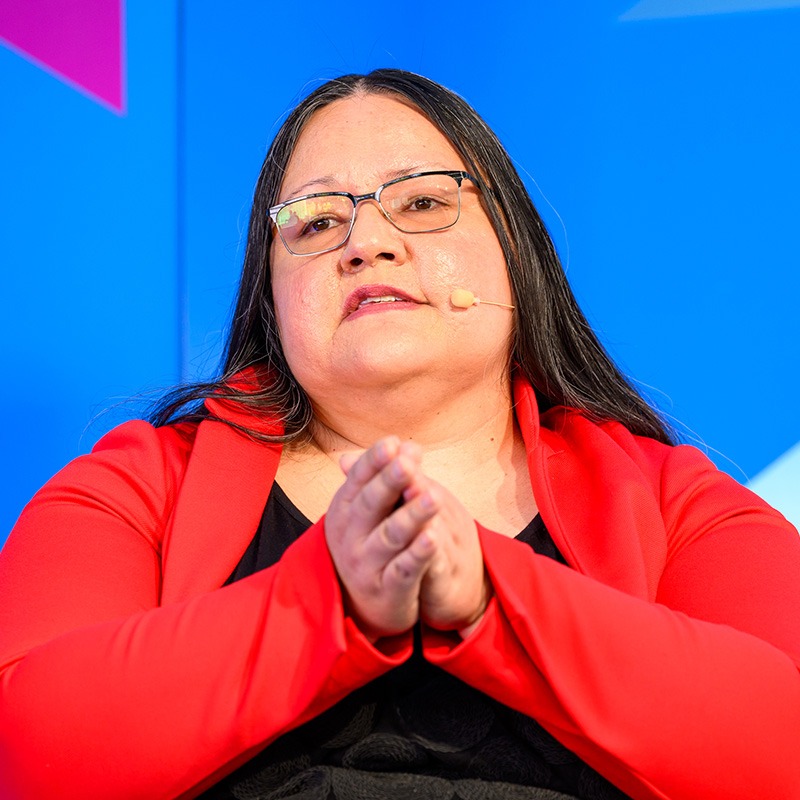
Ska-xjeing-ga Vicky Stott is a senior program officer at the Foundation, and serves on the foundation’s Racial Equity and Community Engagement team. In speaking about racial equity in her work, she noted, “Some of the core principles of community organizing are connected to relationship building. They are connected to our stories about who we are as human beings, our identities, our ways of being. And those relationships are absolutely necessary to build movement. We can’t do that work unless we have strong, trusting relationships where we are humanizing one another and when we are able to see and value and love and respect each other.” Relationship- and trust-building as well as inner identity development are also all racial healing processes.
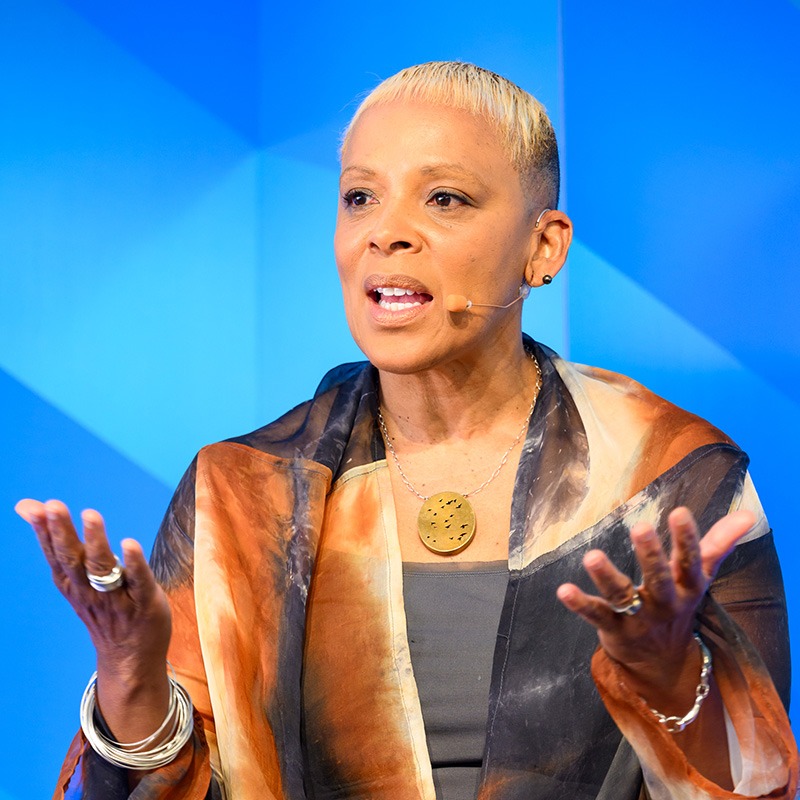
Monica Haslip is the executive director at Little Black Pearl (LBP) on the south side of Chicago. Founded in 1994, LBP is designed as an arts and culture institution and a “laboratory of human potential” for children and young adults to thrive. LBP now consists of an art and design center with numerous visual arts studios, event rental space, adult classes for self-development, and visual arts education and entrepreneurship training for youth ages 12-19, along with Carver 47, a juice bar and café.
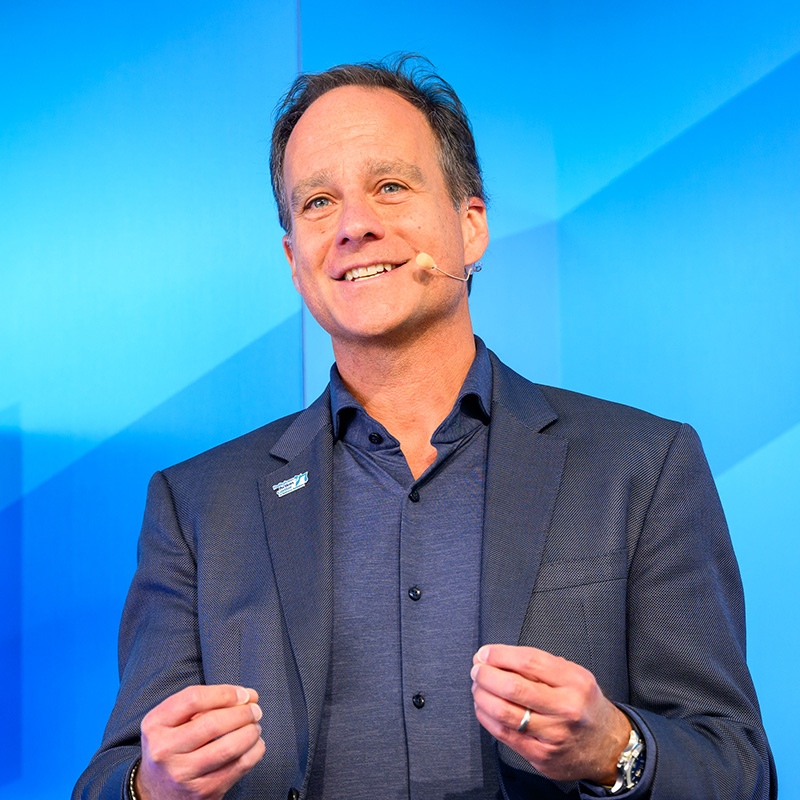
Rabbi Jonah Dov Pesner is the director of the Religious Action Center of Reform Judaism and the Senior Vice President of the Union for Reform Judaism (URJ). URJ received a multi-grant beginning in 2020 to advance racial equity, diversity and inclusion within its organization and the wider Reform Jewish Movement. The Union represents almost 850 Reform Judaism congregations across North America, and works to educate, inspire and mobilize their communities to advocate for social justice on pressing socioeconomic issues.
Savannah Sellers, anchor of NBC’s “Morning News Now,” opened the panel with a review of the past year’s #ChangingTheNarrative partnership with NBCU leading up to the National Day of Racial Healing 2023. Over the next forty-five minutes, the panelists engaged in conversation about the importance of developing leaders, providing support, and creating environments for healing in communities that have been affected by systemic racism and oppression.
They discussed the role of racial healing practitioners like Haslip, who is committed to holding space for people with differing views and building relationships to achieve systems change and transformation. She noted, “A part of my job as a racial healing practitioner is to create the container that allows people to show up and feel a level of trust that they can reflect and find their story, their authentic truth, and have the willingness to share it openly.”
Posner echoed Haslip’s experiences with examples of interfaith and multiracial gatherings that inspire hope, demonstrating the potential for unity and progress: “If we actually do this racial healing work and we learn to love and be in relationship with one another, we actually can be the beloved community” envisioned by Dr. Martin Luther King as a rallying cry for multi-racial efforts toward a just society. “And the redemption of this country, despite the 400 years of systemic racism, despite all of its challenges, could come through a democracy. If it were truly multiracial, inclusive, in which if every voice really was heard because every vote really was counted, then the policies would actually reflect the community that would allow every person to thrive.”
Stott, looking to the future, emphasized the need for healing work as racist rhetoric intensifies once again during election season. She identified love and fortifying oneself through racial healing work as crucial to addressing divisive rhetoric and oppressive systems. All three panelists echoed the need for strong relationships and collective work for racial equity.
Watch the full first panel on YouTube or on NBCNews.com.
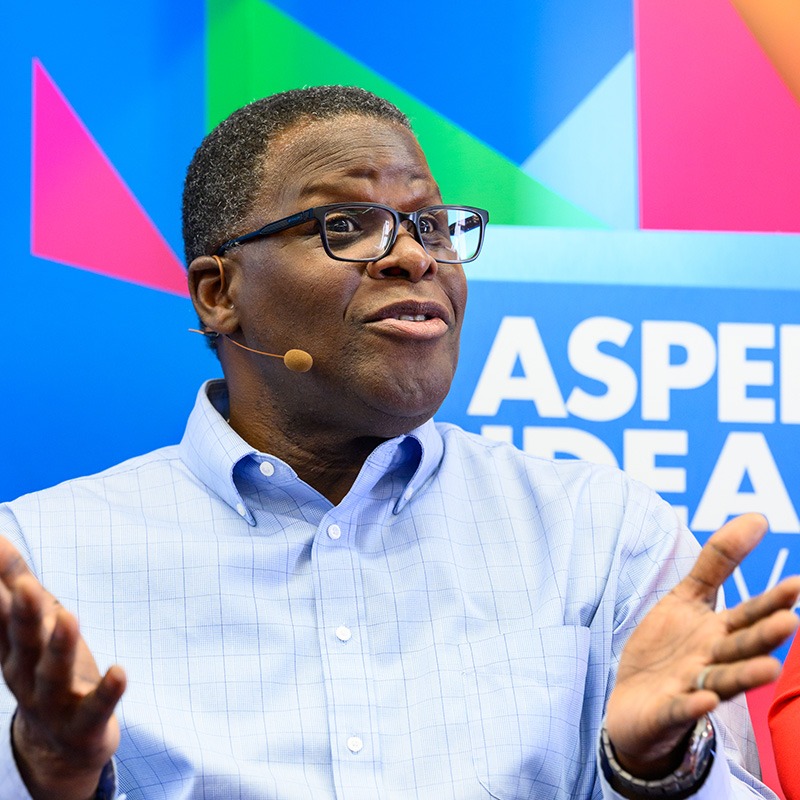
For WKKF’s second panel at the Aspen Ideas Festival, “How to have sensitive conversations about race,” Stott, Haslip, and Pesner were also joined by Reggie LaGrand, director of Leadership Programs at the Foundation and a racial healing practitioner. The panel was moderated by Johana Suárez, anchor for Noticias Telemundo.
In discussing the commitments of the Kellogg Foundation to seeing “every child thrive,” LaGrand opened the discussion with the Masai greeting “Kasserian ingera“, meaning “Are all the children well?” The traditional response, he explained, is “Sapati ingera,” “The children are all well”:
“For quite a while, I have a hard time saying all the children are well. And I think that’s something that we all have in common here in one way, shape, form or the other. Whether we have kids, whether you teach kids, however you connect with children and families, we all care about children and their well-being and their future.”
The panelists highlighted the impacts of systemic racism, particularly on children, and discussed the Truth, Racial Healing and Transformation (TRHT) framework, which engages whole communities in re-envisioning a future without racism and working together to activate that vision. The panel also touched on examining conscious and unconscious biases, navigating discussions on privilege, and approaching these conversations in a way that promotes understanding and inclusivity.
Later in the conversation, Stott discussed the impact of racial healing work within communities and organizations. She mentioned the Buffalo community, which was able to respond effectively to a violent mass shooting targeting communities of color because they had been actively engaging in racial healing and addressing systemic racism through the TRHT framework.
The conversation also touched on the significance of creating safe spaces for dialogue, building trust, and recognizing the humanity in each other as essential elements in initiating racial healing conversations. During the discussion, LaGrand recounted one experience facilitating a racial healing conversation:
“I was holding space for a conversation with the team and during the conversation was processing some recent tragic events in the community with a black young man. And as the team was talking, one of the black women said, ‘you know what? Whenever we have these conversations, the only people that speak are the African American women. And I don’t know whether you’re a friend or foe when you’re just sitting there listening.’ … And at that point, I think it was a transformative moment where one of the white women said, ‘You know what? I feel that oftentimes when we’re in these conversations, white people are always the ones to speak up first and oftentimes with the wrong thing.’ And she said, ‘So I lay back and figure this is the space for people that have that experience to speak.’ And they had a dialogue about why that was not right, why I needed to hear your voice too. Because if I don’t hear your conversation, if I don’t know what conversation you’re going home to have with your children, then I’m feeling I’m just left out here hanging by myself.”
Haslip reinforced her commitment to racial healing work, saying, “I believe when we lead with love, everything is possible.”
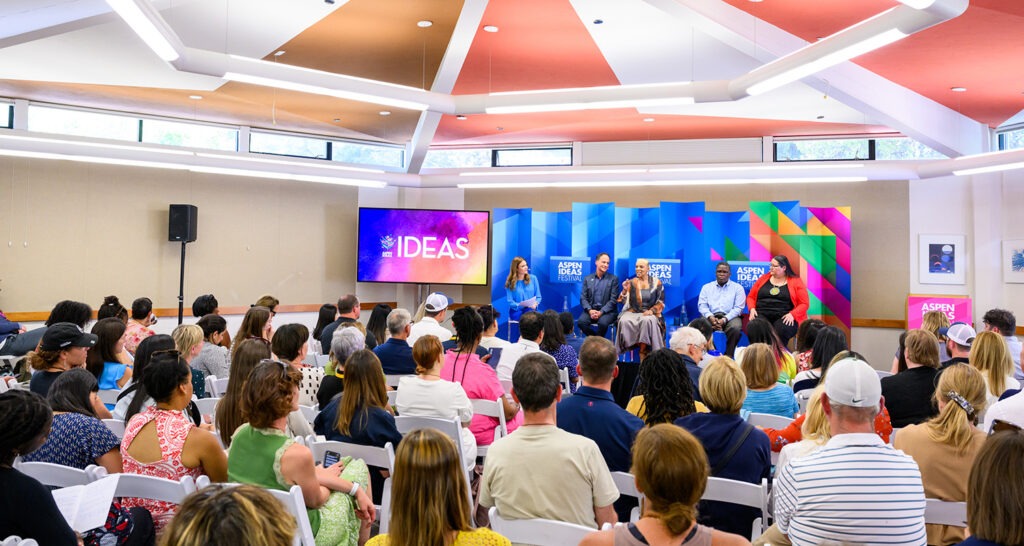
Watch the full second panel on YouTube or at NBCNews.com.

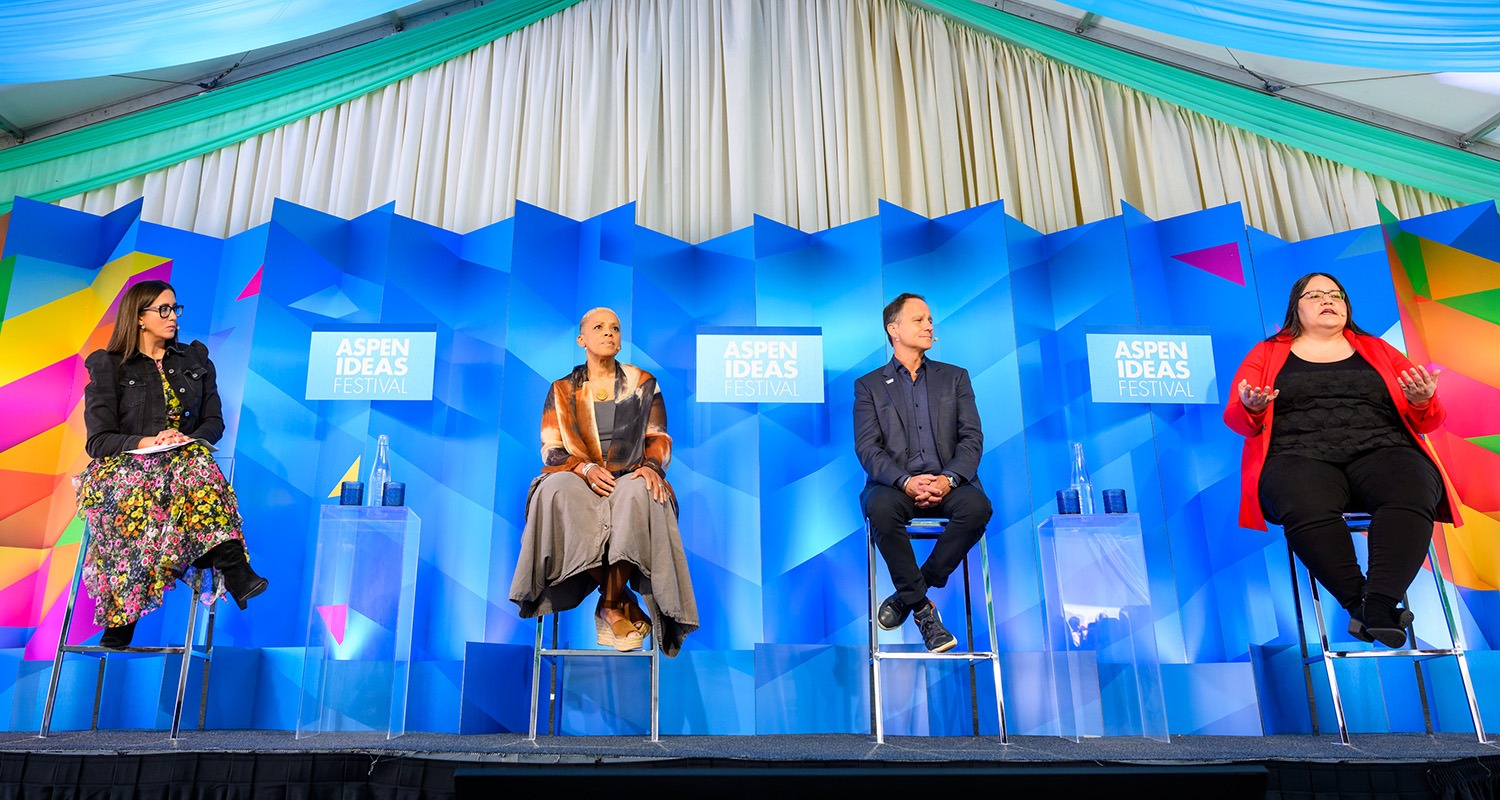
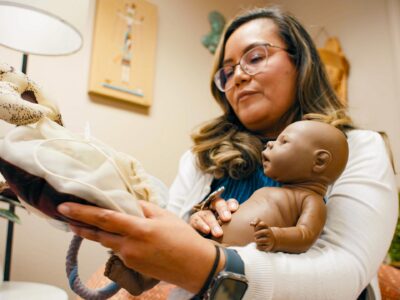
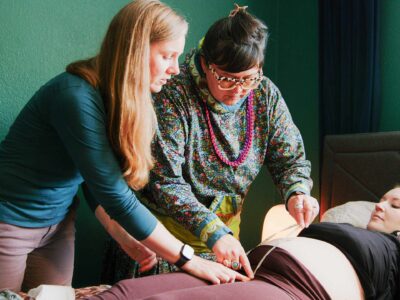
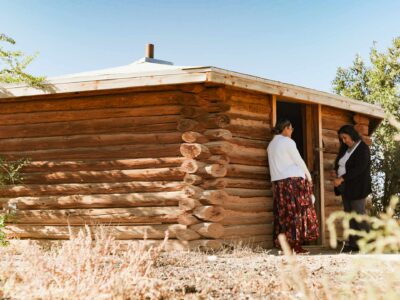
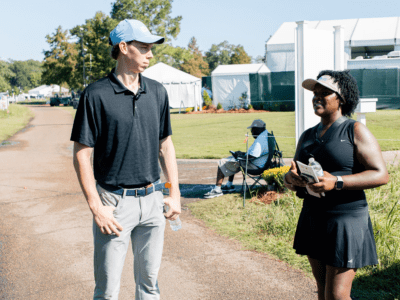
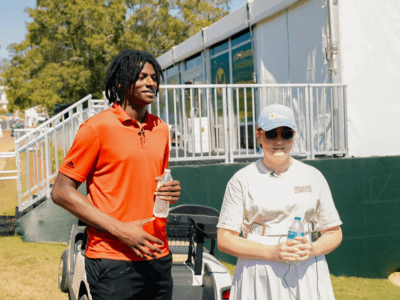
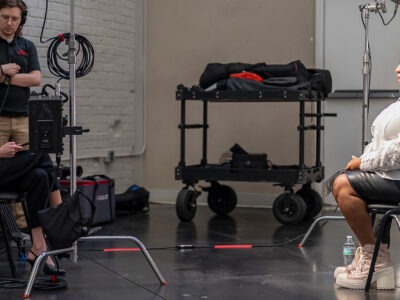

Comments